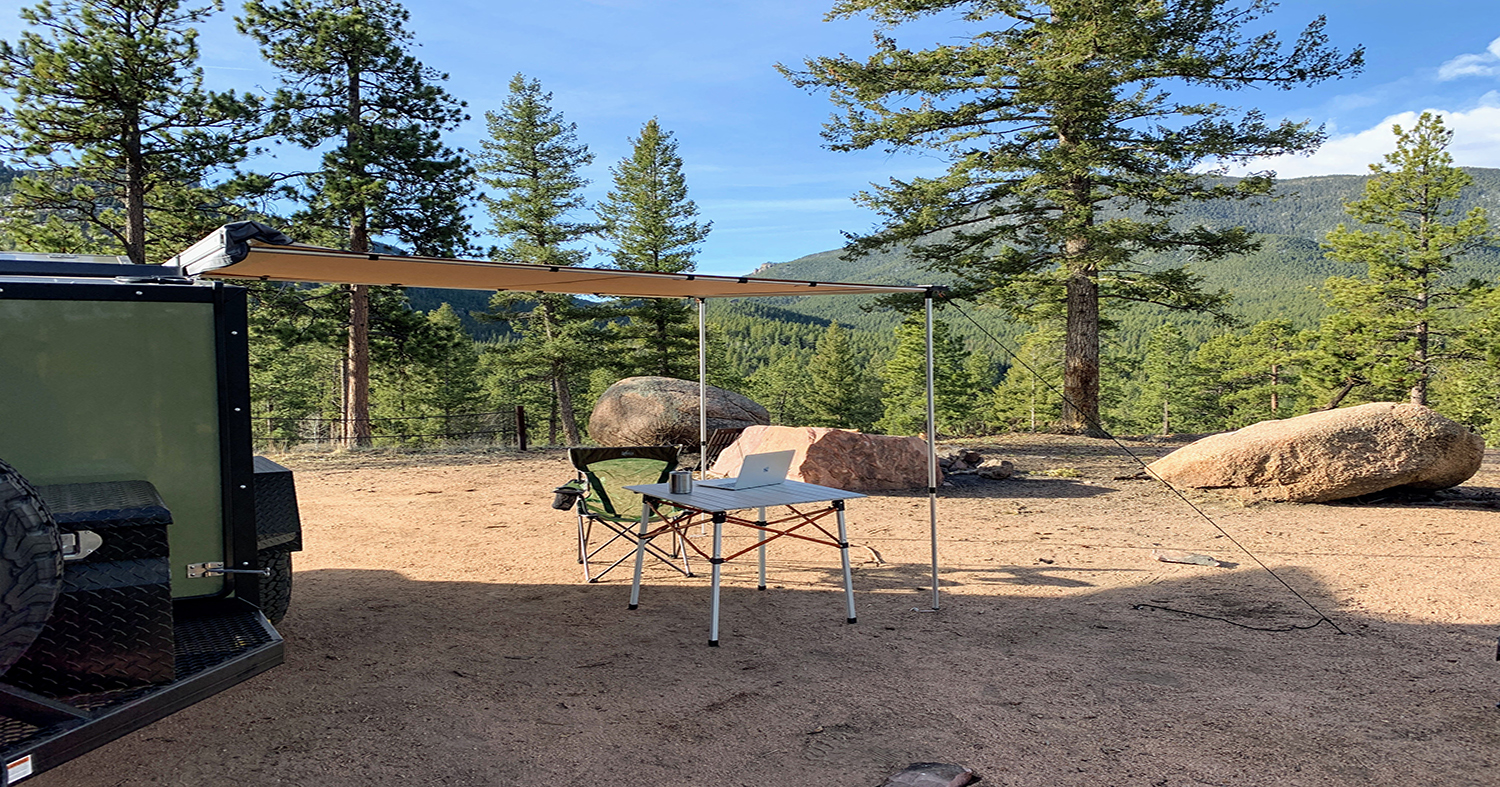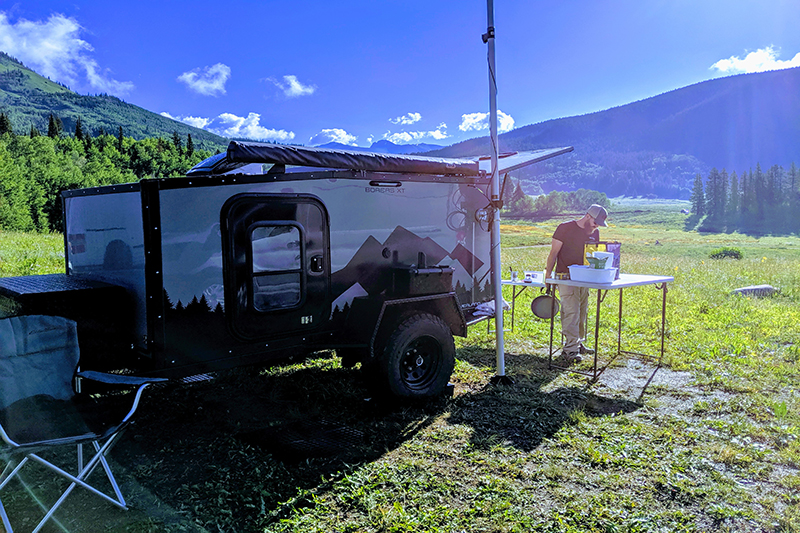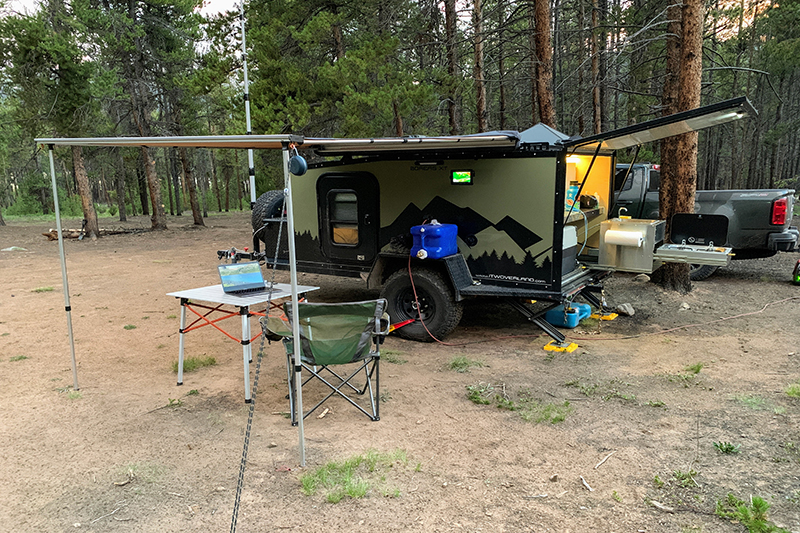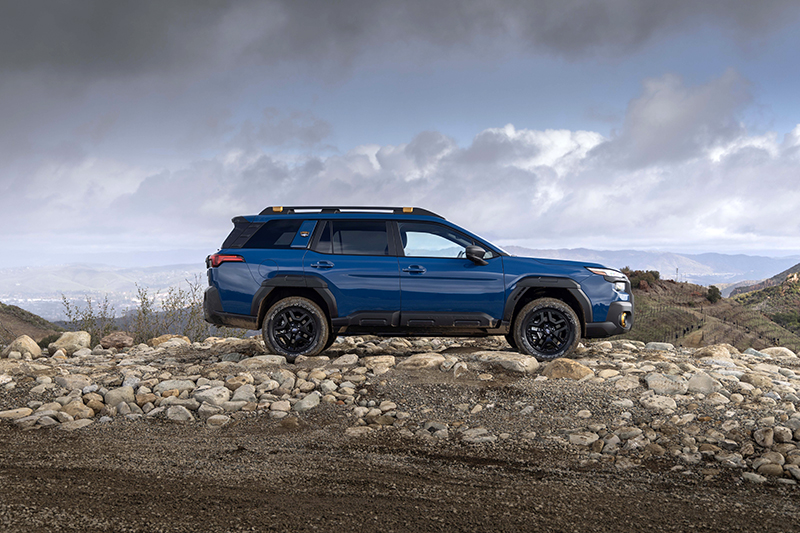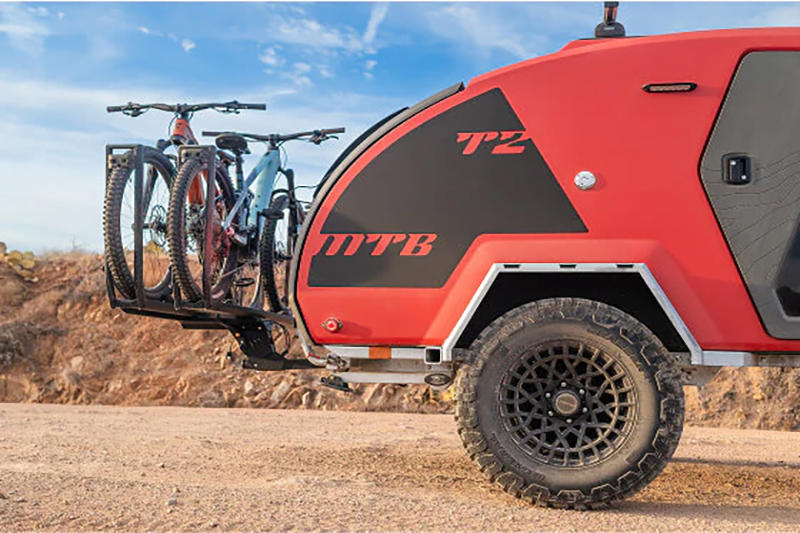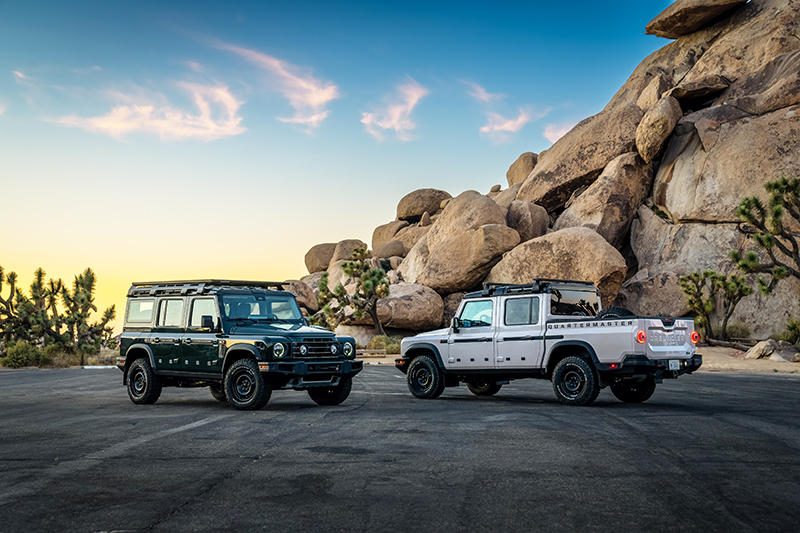While COVID-19 continues to spread unease in populated areas, many are discovering the solace and refuge that nature offers. And now that many people are able to work remotely and rural areas have opened back up, the opportunity to responsibly set up a base camp for days or weeks at a time is within reach.
I recently spoke with two Boreas Campers owners about their remote work setups and the equipment they need to make it work. They gave a few key pointers:
Find the right location. You probably need Wifi and you’ll only get that if you can get a signal. Set up camp at a high point to garner the strongest signal possible. If you can see a tower, even better.
You’ll also want to find a sunny spot so your solar panels can get enough juice to keep your laptop and other gear charged up.
Have the right equipment. This can take some trial and error. Both owners had a 25’ telescoping pole for their large antenna, a signal booster inside (SureCall and WeBoost offer popular options), and a smaller antenna to distribute the signal inside the trailer. This allows them to get Wifi at camp.
You may also want some extra batteries. Solar panels do a great job of efficiently capturing energy, but you’ll want to make sure all of that power is stored so you have enough for your laptop, extra monitor(s), cell phone, fridge, fan, lights, etc. And batteries help store up power for the evenings and cloudy days.
Have the right mindset. Both owners said one of the most challenging aspects of working in the backcountry is staying focused and productive. Set a schedule for working, have a set up that makes you efficient, and work hard so you can play harder.
Enjoy the views. Working in the mountains is a pretty sweet deal so don’t let it slip by without appreciating it. Enjoy the sunrise with hot coffee, the sunset with dinner, and the sounds of nature in between.
Give back. If you’re able to, run speed tests with the Wifi signal that you get and report back on crowd-sourced forums like Open Signal, RootMetrics, and Network Cell Info Lite. These are great forums to surf to find good campsite locations, so it’s nice to give back if you use the service yourself.
Be responsible. Remote backcountry areas are extremely popular right now and many people are getting out and not staying on the trail, causing damage to ecosystems and camping in areas not designated for that purpose. Follow Tread Lightly! principles, stay the trail, and pack out what you pack in. Leave the areas you visit and work from BETTER than how you found them.


